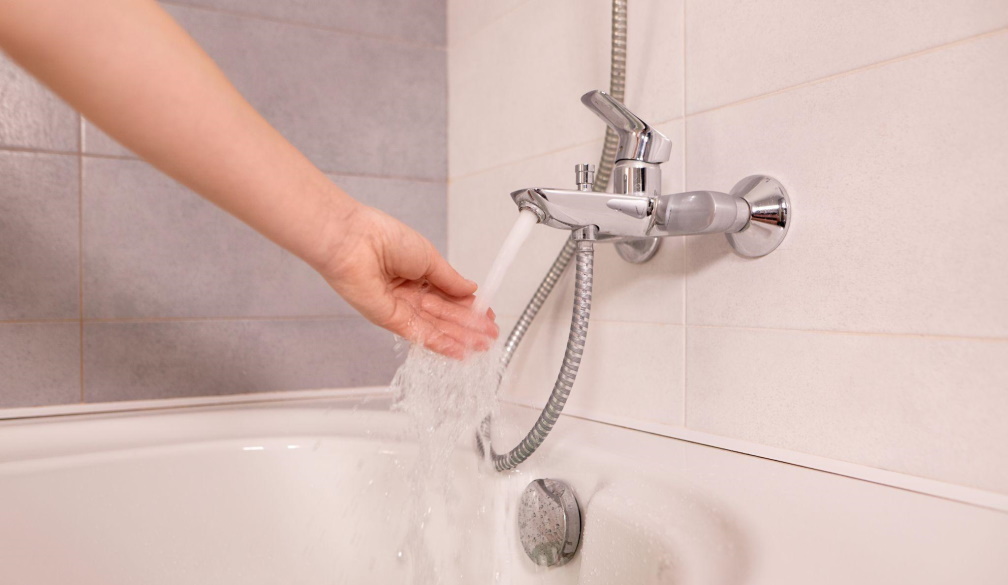The Ins and Outs of a Heat Pump Hot Water System
- Written by NewsServices.com

If you like the idea of solar hot water but don’t have the right roof slope for solar panels, there is an alternative: Heat pump hot water.
What is a heat pump hot water system?
Heat pump hot water systems use heat in the air but don’t require any panels or batteries to gather it. Unlike solar panels which rely on the sun (and therefore don’t work as well at night), the heat pump hot water system will operate with high efficiency so long as the air surrounding it is warm.
Because the refrigerant contained inside boils at very low temperatures, your heat pump will be able to efficiently provide hot water to your home, day or night, so long as you are in a climate where the temperature is above 10 degrees. Heat pumps provide the most efficient and consistent hot water delivery in climates that have a yearly temperature between 4.4º and 32.2ºC.
If you are not sure of your suitability you can call a plumber to find out what type of system is best for you and what system settings and uses might be useful for your postcode.
How do heat pump systems work?
The chemical that makes heat pump efficiency possible is R134a, which is the same as the refrigerant material that makes an evaporative air conditioner and refrigerator work.
When “cool”, R134a is a liquid, but when it heats, it transforms (evaporates) into gas. This happens at a very low temperature, the “boiling” point is actually -26C, which we’d consider freezing, but in fact, any air warmer than 4C degrees is able to get this system going.
Because the system needs access to more warm air to work again, and because it expels cool air - potentially affecting the air immediately surrounding it - a heat pump system really needs a warmer climate to achieve the right effects for frequent hot water use.
When you consider that the boiling point of water is 100C, you can see how much more energy efficient it is to heat the R134a, than it is to attempt to heat the water needed for showers and household use directly.
Once the gas state is ready, it is compressed to raise the temperature rapidly, then the heat is transferred to the water tank and the R134a is cooled to return to gas form.
Pros & Cons
As well as considering your property size, water use and times when hot water is required, you also need to think about the pros and cons of heat pump systems to help you decide which water heater is right for your home.
PROS
Because the majority of the work is done with natural heat, you will save on electricity costs and lessen your impact on the environment with:
-
* Long term savings through increased energy efficiency
-
* Environmentally friendly systems (R134a doesn’t impact the ozone)
-
* Better prices and easier installation than solar - requires no roof space
-
* More flexibility - there’s no sun power it works efficiently at night and when raining
-
* A longer lifespan than gas and electric hot water systems - 13-15 years life expectancy
-
* Government rebates can assist with costs in some zones
CONS
Because it’s reliant on ever-changing weather conditions you might not get the exact same experience every time you use a heat pump system:
-
* In winter water may be slower to heat or need some recovery time between showers if demand is high.
-
* People residing in cooler Australian states won’t get the biggest benefits and may wear out the compressor component faster.
-
* There’s a bigger purchasing price compared with gas and electric systems (but it’s cheaper than solar panels)
When you consider that water heating in everyday Australian homes is the largest contributor of household greenhouse gas emissions, you can really see how essential it is for as many people as possible to make the switch to greener energy. Heat pumps are an affordable and cost-effective way to be part of the change.



















